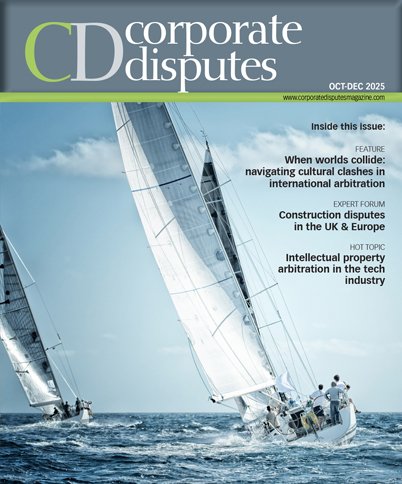TAX DISPUTES
CD: What are the most common types of tax disputes that you are seeing? How have they evolved in the past year?
Gracia: As far as international tax matters are concerned, disputes mainly concern transfer pricing (TP). These include the determination of the beneficial owner for the purposes of applying the dividend and interest exemption at source, the recharacterisation of certain types of income under double taxation conventions to make it chargeable at source, and the determination of tax residence, using, in many cases, domestic general anti-avoidance provisions. In the TP arena, we are seeing disputes not only regarding the valuation of transactions but also their recharacterisation for valuation purposes, following action 10 of the base erosion and profit shifting (BEPS) action plan. Taking into account the 2025 Spanish Tax Control Plan, it is foreseeable that litigation will focus on cross-border related-party transactions, particularly party financial transactions, corporate restructuring, the valuation of intragroup transfers of assets including intangible assets, the deduction of items that erode the tax base, such as royalties and services, and offshore structures used to accumulate profits.
Hadjipaschalis: The most common disputes we are seeing pertain to large balances of assessed losses, including capital losses, provisions for stock obsolescence, TP, general anti-avoidance and simulated transactions. These are compounded by punitive understatement penalties. In the past year, we have seen the South African Revenue Service (SARS) increase its auditing and enforcement capacity, including establishing special focus divisions with strategic hires, secondments from professional accounting and law firms, as well as technology and artificial intelligence (AI) to help flag and audit potentially high-risk taxpayers or transactions. There has also been a shift from disputes based on technical interpretation and application of statutory provisions toward focusing more on taxpayers’ ability to support tax positions through extensive documentary evidence. Thus, document retention has become a key factor in determining the outcome of disputes before they reach litigation. SARS is also taking advantage of the exceptions contained in the prescription provisions as well as its powers to request substantiating documentation to objections to afford itself additional time to conduct audits and prolong the finalisation of disputes. These practices have a significant impact on taxpayers’ cashflow as they are required to ‘pay now and argue later’. Moreover, the uncertainty that comes with prolonged disputes

